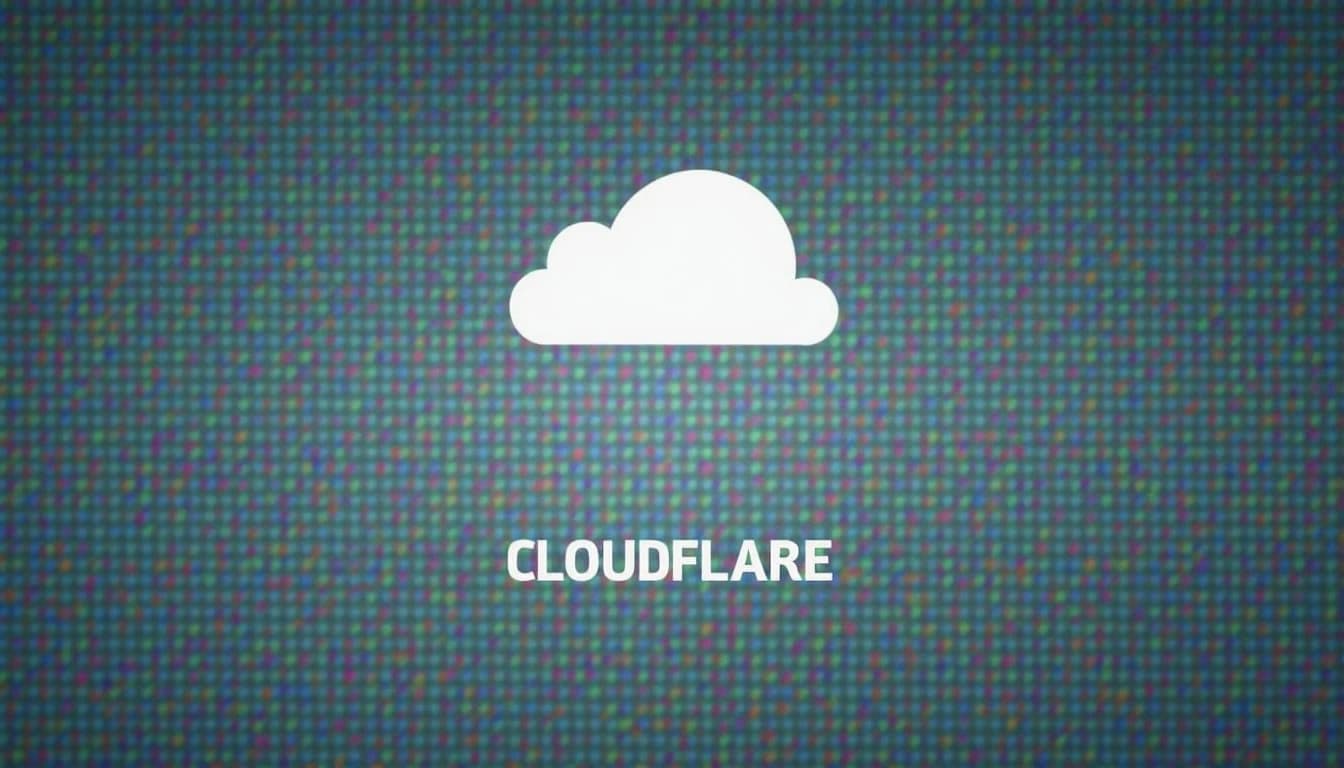Here is the translation of the provided text into American English:
—
Customers of Movistar and O2 in Spain have recently found themselves with no warning as access to thousands of websites and digital services has been blocked. All signs point to a deliberate action by the operator to curb the illegal streaming of football matches, leading to a digital blackout that affects companies, developers, and users who rely on legitimate services hosted on Cloudflare.
These kinds of measures, more typical of a government blockade than that of a private operator, have generated a wave of complaints on social media and specialized forums. The question many are asking is: to what extent is it legitimate to block such an important Internet infrastructure just because of the illegal activities of a few?
A massive blockade with unexpected consequences
Since early February, many Movistar and O2 customers have experienced connection problems with essential services, such as GitHub, Microsoft, Vercel, and other platforms hosted on Cloudflare. The CDNA CDN, short for Content Delivery Network, one of the largest in the world, is used by companies, media outlets, and official agencies to improve the security and speed of their websites.
Unlike a temporary service outage that resolves within a few hours, the blockade is selective and affects specific Cloudflare IPs, which has raised suspicions regarding its true intent. It appears that the operator has included these addresses in their Internet access blacklists, preventing traffic from their network.
The excuse: combating football piracy
Industry sources and technical analyses have revealed that the blockades coincide with the broadcasting of LaLiga matches, reinforcing the hypothesis that Movistar is employing a digital censorship tactic to halt illegal broadcasts of sporting events. Rather than blocking specific sites, it has opted for a much more aggressive strategy: cutting off access to entire IP addresses of Cloudflare.
Such measures have been previously reported in countries with digital censorship, but it is surprising to see them in a European democracy where net neutrality should be a priority. Movistar itself has acknowledged the existence of an “incident,” but has not provided detailed explanations regarding its origin or how it plans to resolve it.
An disproportionate and ineffective solution
The biggest problem with this approach is its lack of precision and proportionality. Instead of identifying and acting against those responsible for the websites that illegally broadcast football, a massive blockade affecting thousands of legitimate pages has been chosen.
It’s as if, to prevent a group of people from stealing in a mall, a decision was made to shut down the entire shopping complex and prohibit access to all customers. The collateral damage is enormous and affects thousands of users and businesses unrelated to piracy.
Moreover, the effectiveness of such blockades is very limited. Any user with basic technology knowledge can easily bypass them by using a VPNA VPN, short for Virtual Private Network or changing their DNSDNS (Domain Name System) is a domain name system. In practice, these restrictions only harm legitimate users, while those responsible for piracy find new ways to circumvent the restrictions within minutes.
Is this type of blockade legal?
The question that arises in this situation is whether Movistar and O2 are violating net neutrality. In Spain, operators can block access to certain content by court order, but it is unclear whether this type of mass censorship is in line with current legislation.
The principle of net neutrality states that operators must treat all Internet traffic equally, without discrimination or arbitrary blocking. By applying a blocking policy that harms legitimate services without a clear criterion, Movistar could be engaging in a practice that is questionable from both a legal and ethical standpoint.
Users seeking solutions
In the absence of responses from the operator, many customers have found alternative ways to regain access to the affected services. VPNs have become the most popular solution, allowing users to bypass the restrictions imposed by Movistar by redirecting traffic through servers in other countries.
However, this is not an ideal solution. Users should not be forced to resort to external tools to access the Internet normally. Movistar has the responsibility to provide a stable service without arbitrary restrictions to its customers, who pay for an unrestricted connection.
What should Movistar do?
If the goal is to combat piracy, there are far more effective and less invasive methods than blocking entire IP addresses from a global CDN. Instead of implementing clumsy and disproportionate measures, the operator should:
- Implement more precise detection systems that identify specific pirate sites without affecting legitimate pages.
- Collaborate with Cloudflare and other infrastructure providers to block only the domains that truly infringe copyrights.
- Be transparent with users, informing them about the measures taken and offering alternatives in case of accidental blockades.
- Respect net neutrality, ensuring that restrictions are proportional and do not harm businesses and professionals who depend on these services.
Conclusion: a failed strategy that harms everyone
The massive blockade of Cloudflare by Movistar and O2 not only demonstrates a lack of criteria in managing piracy, but it also harms thousands of users, businesses, and developers who rely on these services for their daily work.
In an increasingly digital world, such arbitrary actions can severely damage users’ trust in their Internet provider. Movistar should rectify this situation as soon as possible and implement smarter measures before this connectivity crisis takes a toll on its reputation and customer loyalty.
The 21st century demands innovative and precise solutions, not massive blockades that penalize everyone for the actions of a few. It’s time for Movistar to reconsider its approach and ensure a free, stable, and accessible Internet for all.
Seen on Banda Ancha

